Call Us & Get Prequalified For Your Loan
First Capital Business Finance


First Capital
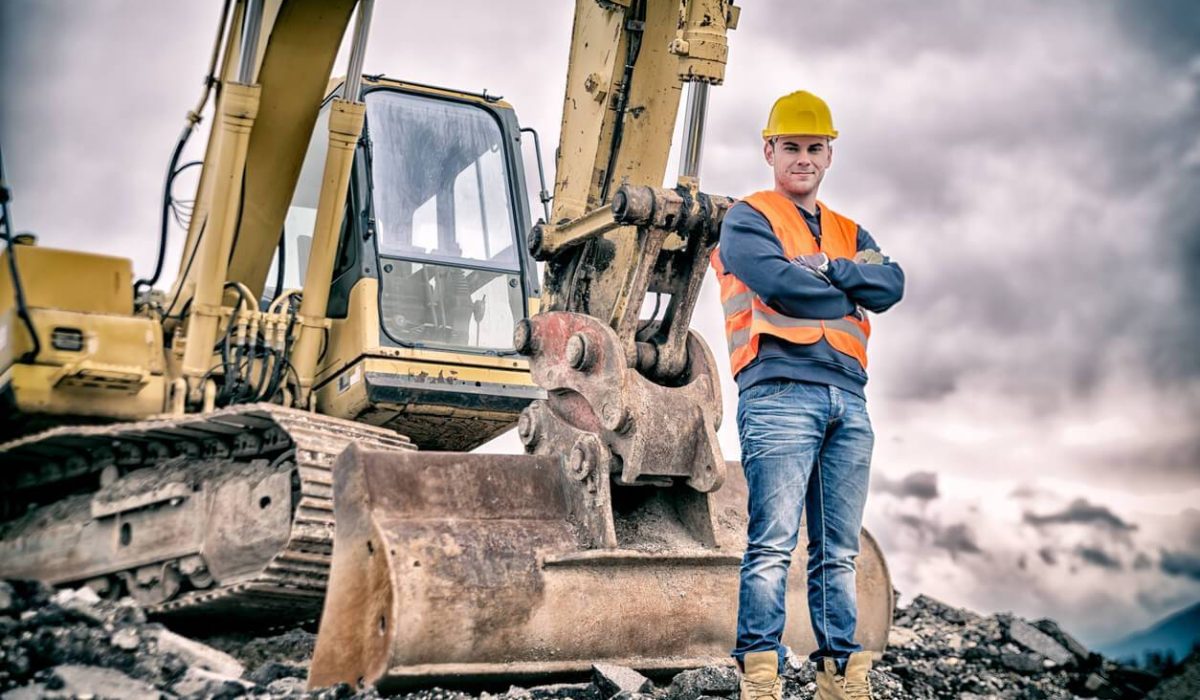
First Capital Business Finance commercial equipment leasing has unique advantages over other types of financing or purchasing with cash that can be vital to your business: The payment and terms of the equipment lease are fixed once the lease has been approved. You will know exactly what your payment will be each and every month to help you better plan your available cash flow and budget for the future. Commercial equipment leasing and financing are a breeze with First Capital.
Commercial equipment leasing and financing are financial arrangements that allow businesses to acquire necessary equipment and machinery without making a large upfront payment. These options provide businesses with the flexibility to access the tools and assets they need to operate and grow, while spreading the cost over time.
In a commercial equipment leasing agreement, a business essentially rents the equipment from a lessor (the leasing company) for a specified period. The business pays regular lease payments, usually monthly, in exchange for the right to use the equipment. At the end of the lease term, the business typically has the option to purchase the equipment, renew the lease, or return the equipment. Leasing is often preferred when businesses want to use the equipment for a specific project, have short-term needs, or prefer to avoid the responsibility of equipment ownership.
Distinguish between a capital lease and an operating lease. Think of a capital lease as resembling ownership; it’s a long-term commitment where the asset appears on your balance sheet. Similar to taking out a loan for equipment purchase, you make lease payments instead. Typically, capital leases span longer terms, and you might even have the option to buy the equipment for a nominal price at the lease end.
On the other hand, an operating lease is akin to a rental agreement. You rent the equipment over a shorter duration, and it doesn’t reflect on your balance sheet. Operating leases usually don’t cover the entire useful life of the equipment; once the lease concludes, you return the equipment to the lessor. This lease type suits those seeking frequent equipment upgrades or access to the latest technology.
Equipment financing agreement: You make fixed payments over a designated term, eventually owning the equipment outright. Similar to a loan, you pay a financing fee instead of interest. Expect slightly higher payments but no additional buyout cost at the end. Tax benefits may offset monthly payment expenses.
$1 buyout lease: Comparable to an equipment loan, you pay to rent the equipment and can purchase it for $1 at lease termination.
10% purchase upon termination (PUT) lease: At lease end, you buy the equipment for 10% of its original cost, allowing for lower monthly payments with a predetermined final purchase cost.
Fair market value lease: Payments are made to use the equipment, and at lease end, you have the choice to buy the equipment at its fair market value, return it, or renew the lease. This suits equipment with rapid depreciation, like computers or gym gear.
10% option lease: You make payments and can buy the equipment for 10% of its initial value or opt out at lease end.
Terminal rental adjustment clause (TRAC) lease: Primarily for semi-trucks and vehicles, this lease allows you to purchase the vehicle for an agreed residual amount or the lender sells it to a third party. If the sale price is less than the residual amount, you owe the difference.
((Finance Amount + Residual Value) * Money Factor)) + Monthly Depreciation + Taxes = Monthly Lease Payment
Your business’s lease payment hinges on the money factor rate, determined by the leasing entity and your business credit score. Rates typically range from 6% to 8%, although they can vary.
Equipment financing involves borrowing funds from a lender to purchase the equipment outright. The equipment itself serves as collateral for the loan, and the business repays the loan amount plus interest over a predetermined period. Unlike leasing, equipment financing results in ownership of the equipment at the end of the repayment term. This option is ideal for businesses that have a long-term need for the equipment and want to build equity in the assets over time.
Key Benefits:
Preservation of Cash Flow: Both leasing and financing allow businesses to conserve their working capital by spreading the cost of equipment over time, freeing up funds for other business needs.
Tax Benefits: Both options may offer tax advantages, such as deducting lease payments as operating expenses or depreciation and interest on financed equipment.
Flexible Terms: Leasing and financing agreements can be tailored to match the business’s budget and revenue cycles, offering flexibility in payment schedules.
Access to Up-to-Date Equipment: Leasing and financing enable businesses to stay competitive by accessing the latest equipment and technology without the need for significant upfront investment.
Asset Management: Leasing often includes maintenance and upgrade options, and financing allows businesses to fully own the equipment and potentially build equity.
Choosing between commercial equipment leasing and financing depends on factors such as the business’s financial situation, equipment needs, long-term goals, and preferences for ownership. It’s recommended to work closely with financial professionals to determine which option aligns best with the business’s specific circumstances.
Obsolescence Management: Equipment leasing is advantageous for items at risk of becoming obsolete. Opting for a lease over a loan is prudent when considering such equipment.
Cash Flow Optimization: Leasing typically exerts a lesser strain on cash flow. Payments are spread throughout the lease term, freeing up capital for other business needs like expenses or expansion.
Tax Advantages: Lease payments are tax-deductible expenses. In the case of capital leases, businesses can also deduct equipment depreciation. Operational leases allow depreciation deduction if the equipment is purchased at lease end.
100% Financing: Unlike equipment loans necessitating a down payment, many leases offer full financing without any upfront payment.
Debt-Free Balance Sheet: Opting for an operational lease keeps it off the balance sheet, offering more flexibility to secure other types of business financing concurrently.
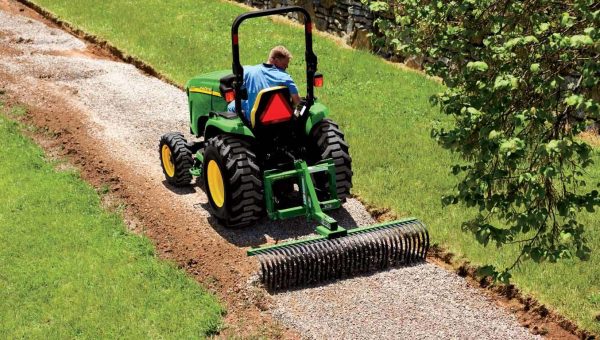
This is a traditional lease agreement with lower monthly payments than a buyout. This type of lease will provide three options when the term of the equipment lease ends:
We are flexible to unforeseen needs so payments can be adjusted by extending or even shortening the term of the lease. Significant sales tax and installation fees can be added to the lease financing. In many cases, the total amount of each lease payment is tax-deductible*, and choosing a residual-based or fair market value lease transfers some of the risks of holding onto obsolete equipment. A commercial equipment lease through First Capital Business Finance can be much more beneficial than other types of commercial equipment financing or traditional bank loans. Consider the variety of leases that might best suit your business, listed below:
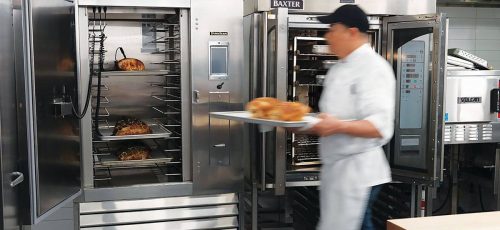
Same Day Loan Approval
Getting the loan you need is simple. Contact us & you can get prequalified for your loan on the same day!
Step 1
Reach out to us via phone or the contact form on this website.
Step 2
We'll contact you to get the information we need to process your loan.
Step 3
You'll receive a decision on your loan shortly (typically the same day).
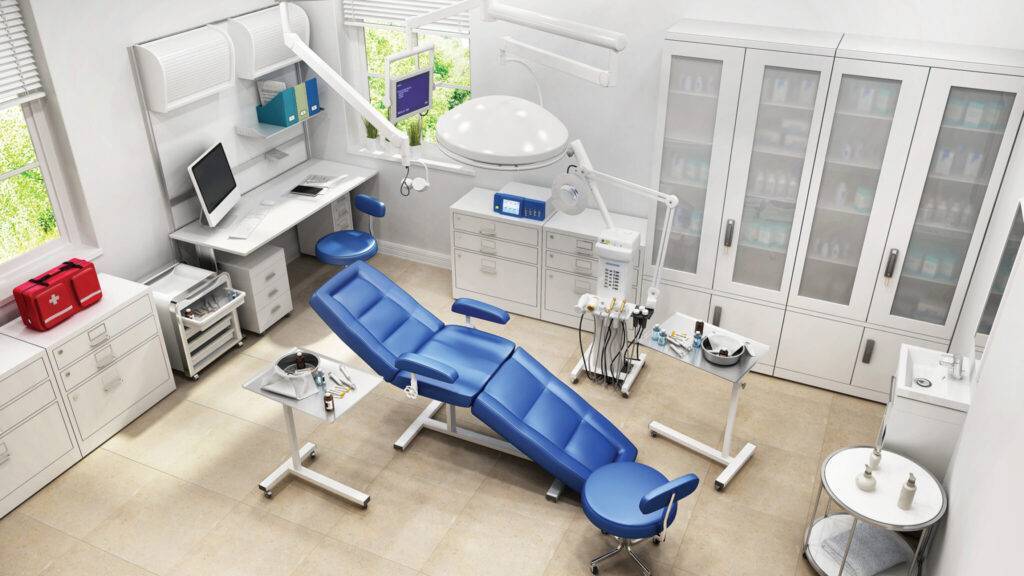
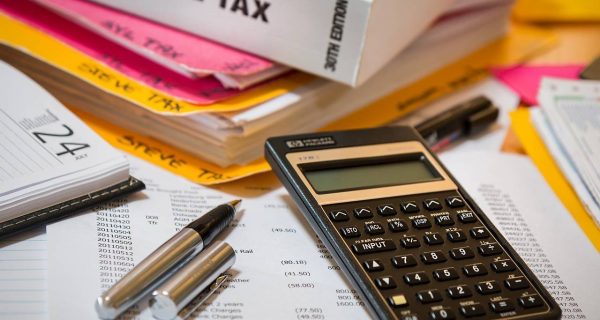
Being a business owner, you need to make yourself familiar with all the benefits that may apply to you. We are not certified to offer tax advice. We always encourage our clients to consult with their CPA or accountant about the tax consequences when acquiring commercial equipment financing for their business. The IRS has made some amendments to Section 179. Be sure to speak with your CPA to see how this may help your business.
* Consult your tax advisor to make sure the type of equipment lease you are entering into allows for a tax
benefit.
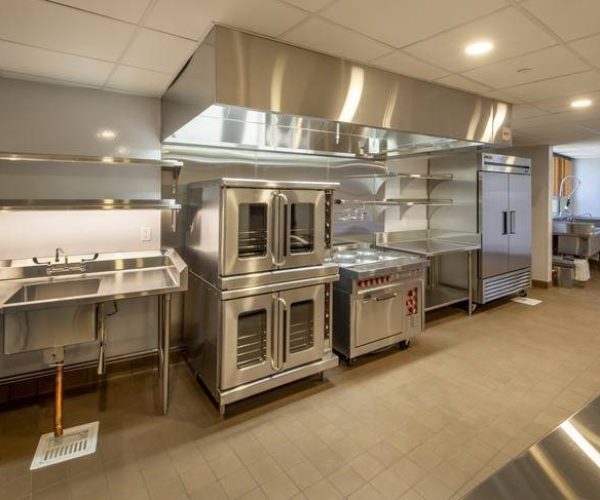
Testimonials
What Our Customers Say

These are just to name a few. If you don’t see your type of equipment listed, simply give our office a call. We offer financing on just about any type of equipment if it’s related to your business.
Prepare to elevate your business to unparalleled success with First Capital – your steadfast ally in achieving financial prosperity. With a legacy of empowering businesses across diverse industries, we present a suite of meticulously tailored financial solutions to suit your distinct needs.
Tailored Financing Solutions: Immerse yourself in personalized financing solutions carefully crafted to align with your business goals. From adaptable terms to competitive rates, we seamlessly adjust to your financial landscape.
Quick and Hassle-Free Approval: Time is of the essence, and at First Capital, we comprehend its value. Benefit from our streamlined approval process, ensuring prompt access to the funds you require precisely when you need them.
Transparent Terms and Conditions: Our commitment is to clarity. Navigate your financial journey with confidence, secure in the knowledge that our terms and conditions are transparent and straightforward. No concealed surprises – just a clearly illuminated path to success.
Diverse Financing Options: Explore an array of financing options designed to cater to businesses of all sizes. Whether it’s working capital, equipment financing, or commercial title loans, First Capital has you covered.
Expert Guidance at Every Step: Rely on our team of seasoned financial experts at every juncture. From understanding your unique requirements to recommending the ideal financial solutions, our expertise extends beyond mere transactions.
Customer-Centric Approach: Your success is our paramount concern. Experience a customer-centric approach that places your needs at the forefront. At First Capital, we forge enduring relationships founded on trust, reliability, and mutual success.
Innovation and Industry Insight: Remain at the forefront with our innovative solutions and industry insights. We keep you apprised of the latest trends, ensuring your business is strategically positioned for success in a dynamic marketplace.
Proven Track Record: Align yourself with a league of thriving businesses that have flourished with First Capital. Our proven track record speaks volumes, illustrating a history of financial empowerment and transformative partnerships.
Choose First Capital – Where Your Success Takes Center Stage!
First Capital transcends the role of a mere financial partner; we emerge as your ally on the path to financial success. Immerse yourself in the First Capital advantage and unlock a realm of opportunities for your business. Trust us to be your foremost choice in financial empowerment – because your success is important!
Is equipment financing the same as leasing?
Financing enables you to spread out payments for equipment over time, whereas leasing involves paying a fixed monthly fee for the equipment’s use during a designated period. Both options offer advantages, yet one may align more closely with your business needs.
What is a commercial equipment lease?
Equipment leasing entails renting equipment for your business operations instead of outright purchasing it. This arrangement offers numerous advantages and could prove suitable for your business based on various considerations.
How hard is it to get equipment financing?
Equipment financing stands out for its accessibility compared to alternative loans. While specific minimum credit score criteria vary among lenders, it’s not uncommon to encounter thresholds around 575 or 600 for personal credit scores. Remember, though, credit score is merely one aspect lenders take into account.
Can you lease with a 500 credit score?
Securing a new car lease could pose a challenge with a credit score hovering around 500. However, bolstering your application with a substantial down payment or enlisting a co-signer can substantially improve your approval odds.

First Capital Business Finance is committed to helping you meet your cash flow needs to grow your business. We serve small and middle market businesses and large corporations with range of loan and financing options for bad credit
Copyright © 2024 First Capital Business Finance, All Rights Reserved
Same Day Loan Approval